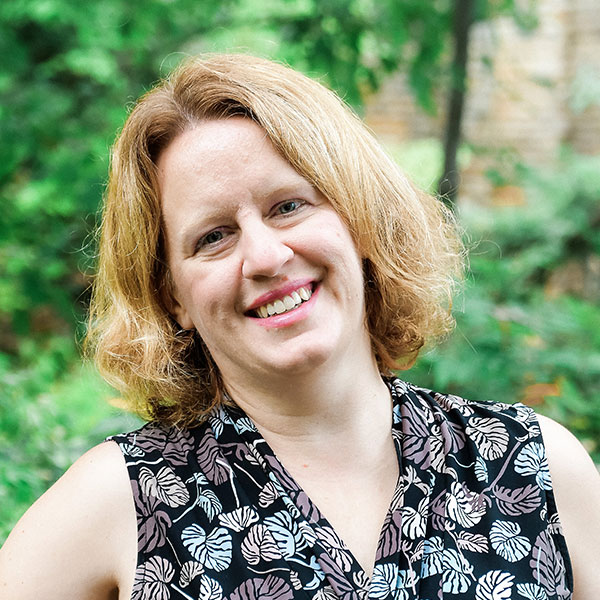The legal work involved in a typical divorce already can be draining for most individuals, but estate planning is an important piece that’s often forgotten in the typical separation process. A divorce changes your life, so it’s critical that those changes also are reflected in your Will and other documents—especially if you have children—to ensure that plans for you and those you leave behind are carried out in accordance with your wishes.
How Guardianship works
I’ve had clients whose exes have unexpectedly passed away and left insurance policies or other financial assets to their children. Whether the ex named their child as the direct beneficiary on an asset or didn’t list anyone at all, any kids will legally inherit the funds by default.
However, the process isn’t so straightforward when the children are minors. Minors cannot take ownership of assets. Someone must apply for Guardianship in the local Probate Court to accept the funds on their behalf. Under Ohio law, the minor’s next of kin will be approached first as a potential Guardian. In the case of a divorce, Guardianship will automatically be granted to the custodial parent, the ex.
While the ex must abide by Court rules to protect the child’s best interest, including gaining permission to spend the money, in many cases it’s difficult to keep tabs on every purchase the Guardian makes. I’ve seen exes spend the money on private school tuition, summer camp and other items and programs that may benefit the children, but should ideally be funded out of the Guardian’s own pocket.
The reality is that Guardians have a good deal of control over what happens with the money you’ve left for your children. However, even though your ex may automatically become Guardian of your kids doesn’t mean that he or she gets to dictate their inheritance. So how can you be sure the funds are spent as you’ve intended?
Creating a Trust
I recommend that all of my clients with small children who are or have gone through a divorce create a Trust agreement. A Trust ensures that your funds go directly to the minor and circumnavigates the remaining Guardian by naming a third-party caretaker of the assets. You now have a choice in selecting someone you trust to watch over your children’s inheritance until your kids can withdraw it at age 18. This can be a relative or other close friend. This also eliminates concerns of a child making bad decisions such as a poor investment, quitting a job or leaving school to live off of the money until it’s gone. The third party will control the money until the child can demonstrate enough maturity to spend it.
Estate planning without children
Estate planning is still critical for those going through a divorce without children. Think back to whom you made your retirement fund beneficiary and Financial and Medical Power of Attorney? It’s likely your ex; do you still want them handling your affairs? Even though your money does not directly go to your Power of Attorney, he or she still has access to it. That’s why I encourage my clients to take time to redo their estate planning after a divorce, taking time to rethink who you want to play those important roles in your life going forward.
While estate planning isn’t a natural part of the divorce process, it’s something to keep in mind around it. You don’t have to wait until you are legally divorced to change your documents. Again, especially when children are involved, I advise making it a priority as soon as you can focus some attention toward it.
If you have additional questions about divorce and estate planning, or would like to make an appointment, contact me today to set up a time to chat.


